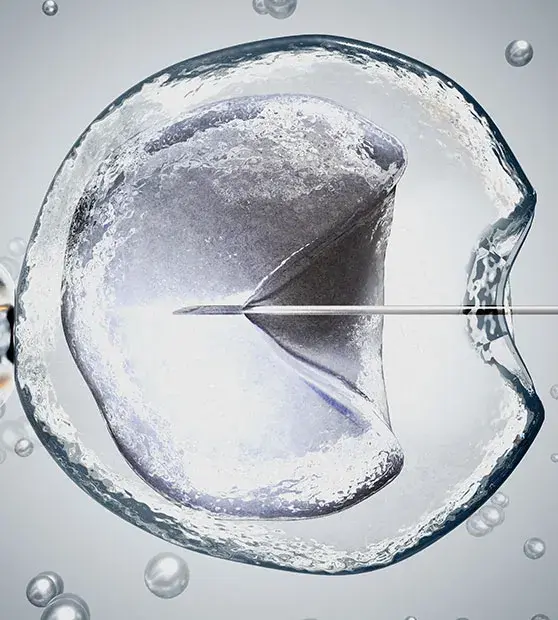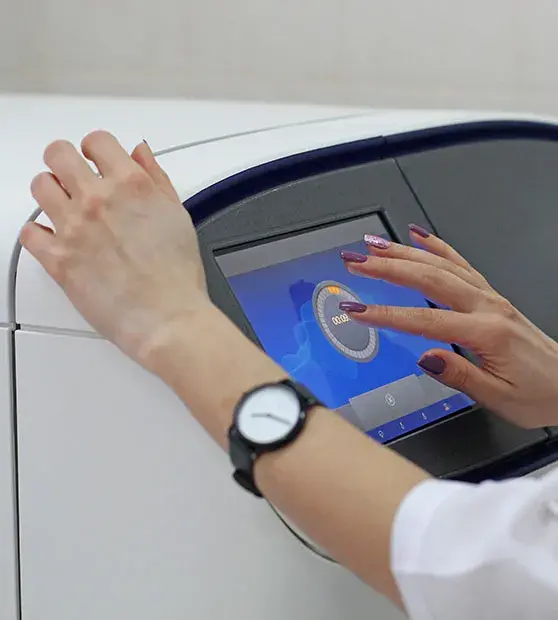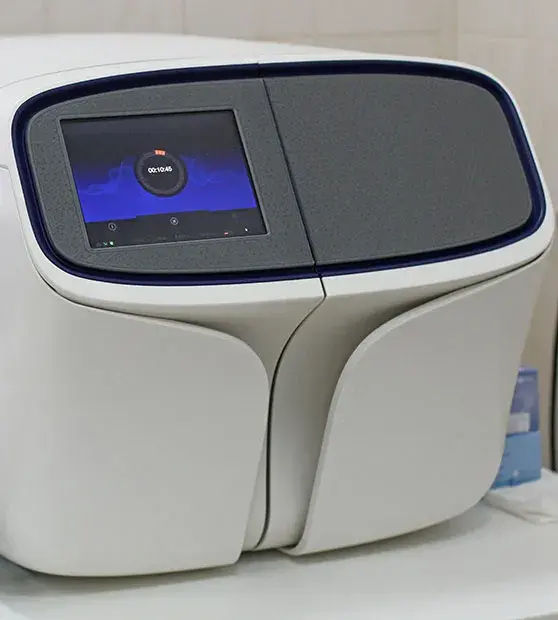Preimplantation genetic testing for aneuploidies (PGT‐A)
Preimplantation genetic testing for aneuploidies (PGT‐A), formerly known as preimplantation genetic screening (PGS), is an alternative method to select embryos for transfer in IVF. This test identifies the preimplantation embryos with a normal chromosome complement (euploid) during IVF. PGT-A improves pregnancy success by sifting out embryos with an abnormal chromosome copy number.
What are the reasons to do PGT-A?
Embryos with normal chromosome copy numbers have the potential to implant and reach full-term pregnancy resulting in the delivery of a healthy baby. Most of the time, it is difficult to identify the normal embryo visually using a microscope. The normal appearance of an embryo cannot confirm the absence of genetic abnormality in that embryo. Hence, PGT-A helps to select the embryos with a normal chromosome number.
Who should consider PGT-A?
PGT-A is considered in women who
- Had a history of recurrent miscarriage
- Experienced recurrent implantation failure
- Had a prior pregnancy with a chromosome abnormality
- Are in their mid-thirties or older
How and when is PGT-A done?
This procedure includes testing embryos produced via IVF, selecting and transferring the ones with the correct amount of chromosomal material.
- A biopsy of the embryo is taken after it is grown in culture for about five days and reaches the blastocyst developmental stage made up of hundreds of cells.
- The biopsy involves the removal of 5 to 7 cells of the external layer of the embryo, called trophectoderm, without touching the inner cell mass that gives rise to the fetus.
- Analysis of the embryo’s genetic material is carried out.
- Embryos are cryopreserved following biopsy. The suitable embryos, based on the PGT-A results, are thawed and transferred to the patient’s uterus in a subsequent cycle.
How safe is PGT-A?
It is a safe procedure. The process should be handled correctly by a skillful embryologist and then the embryo develops normally even after the embryo biopsy.
Does PGT-A assess all genetic diseases?
PGT-A testing can only assess numerical changes in chromosome number and other imbalances in genetic material including deletions (part of a chromosome is missing) and duplications (part of the chromosome is doubled).


